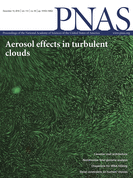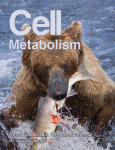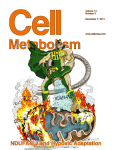
[This post has been updated since publication; see update note at end for details.]
In July 2019, Kevin Hall, of the U.S. National Institutes of Health, and colleagues published a study in Cell Metabolism that found, according to its title, that “Ultra-Processed Diets Cause Excess Calorie Intake and Weight Gain.”
A year and a half after its publication, the paper is the subject of two critical blog posts, one by Nick Brown and one by Ethan and Sarah Ludwin-Peery. In the days since we first shared embargoed drafts of those posts with Hall, he and the sleuths engaged in a back and forth, and Brown and the Ludwin-Peerys now say they are satisfied that many of the major issues appear to have been resolved. They have also made changes to their posts, including adding responses from Hall.
In short, it seems like a great example of public post-publication peer review in action. For example, the Ludwin-Peerys write:
When we took a close look at these data, we originally found a number of patterns that we were unable to explain. Having communicated with the authors, we now think that while there are some strange choices in their analysis, most of these patterns can be explained…
In a draft of their post shared with us early last week — see “a note to readers” below — the Ludwin-Peerys said that some of the data in the study “really bothered” them. In particular, they write, the two groups of people studied — 20 received ultra-processed foods, while 20 were given an unprocessed diet — “report the same amount of change in body weight, the only difference being that one group gained weight and the other group lost it.” They were also surprised by the “pretty huge” correlation between weight changes and energy intake.
Brown’s draft post, which digs into the data, concludes:
Continue reading NIH researcher responds as sleuths scrutinize high-profile study of ultra-processed foods and weight gain

 The University of Cologne has conducted an investigation into the research of Tina Wenz, and determined that six papers should be pulled due to scientific misconduct.
The University of Cologne has conducted an investigation into the research of Tina Wenz, and determined that six papers should be pulled due to scientific misconduct.




